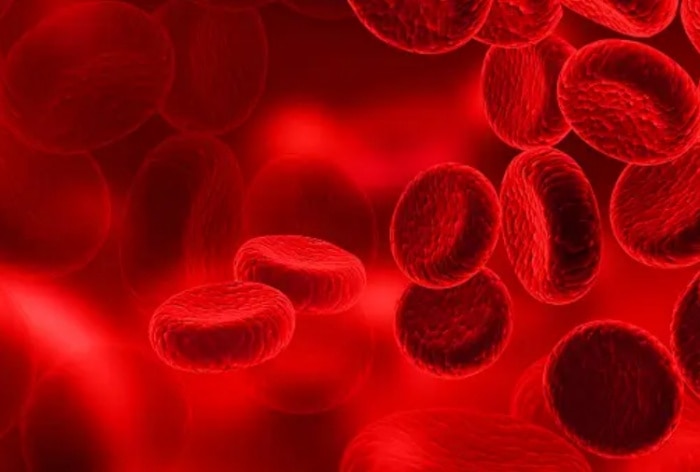Blood clots are the reason why bleeding from shaving cuts often ends within a few seconds or minutes. Blood clot-related illnesses include bleeding disorders and blood clotting problems.

Blood clots are gel-like or semi-solid lumps that develop in your veins and arteries. Blood clots aid in the management of bleeding, but they can also result in dangerous medical conditions like heart attack, pulmonary embolism, and deep vein thrombosis. If you are hurt or need surgery, blood clots stop you from bleeding excessively. Blood clots may result from that and pose a life-threatening risk.
Did you know that the food choices we make can play a significant role in maintaining a healthy circulatory system and preventing blood clots? Nutritionist Anjali Mukerjee says, “The way our blood clots determines if we are prone to having a heart attack. While some foods help in keeping the circulatory system healthy, some unhealthy food habits can make the blood sticky and more prone to blot formation.”
FOODS THAT CAN AFFECT THE WAY YOUR BLOOD CLOTS
- Black Mushrooms: They also known as tree-ear mushrooms, have anticoagulant properties and help in keeping the blood platelets from sticking to each other
- Ginger & Garlic: They have clog-busting properties and help in keeping the blood thin and dissolving the clots, if any
- Onions: They are a must in the daily diet as the compounds in this vegetable help in preventing platelets from clumping.
- Flaxseeds: They also have blood thinning effects and help in keeping the circulatory system healthy.
Excessive consumption of cheese and non-vegetarian food makes the food sluggish. The expert continued, “Wrong food even if eaten in small quantities can have a powerful pharmacological effect on the blood. Therefore, a knowledge of the right foods which help to thin the blood, can be your greatest weapon against cardiovascular tragedies.”
Even though these foods can aid in clot prevention, a balanced diet and a healthy lifestyle should also include them. A healthcare practitioner should always be consulted for specific guidance, especially if you have any underlying medical issues or are taking medication.

Don’t Miss Out on the Latest Updates.
Subscribe to Our Newsletter Today!

